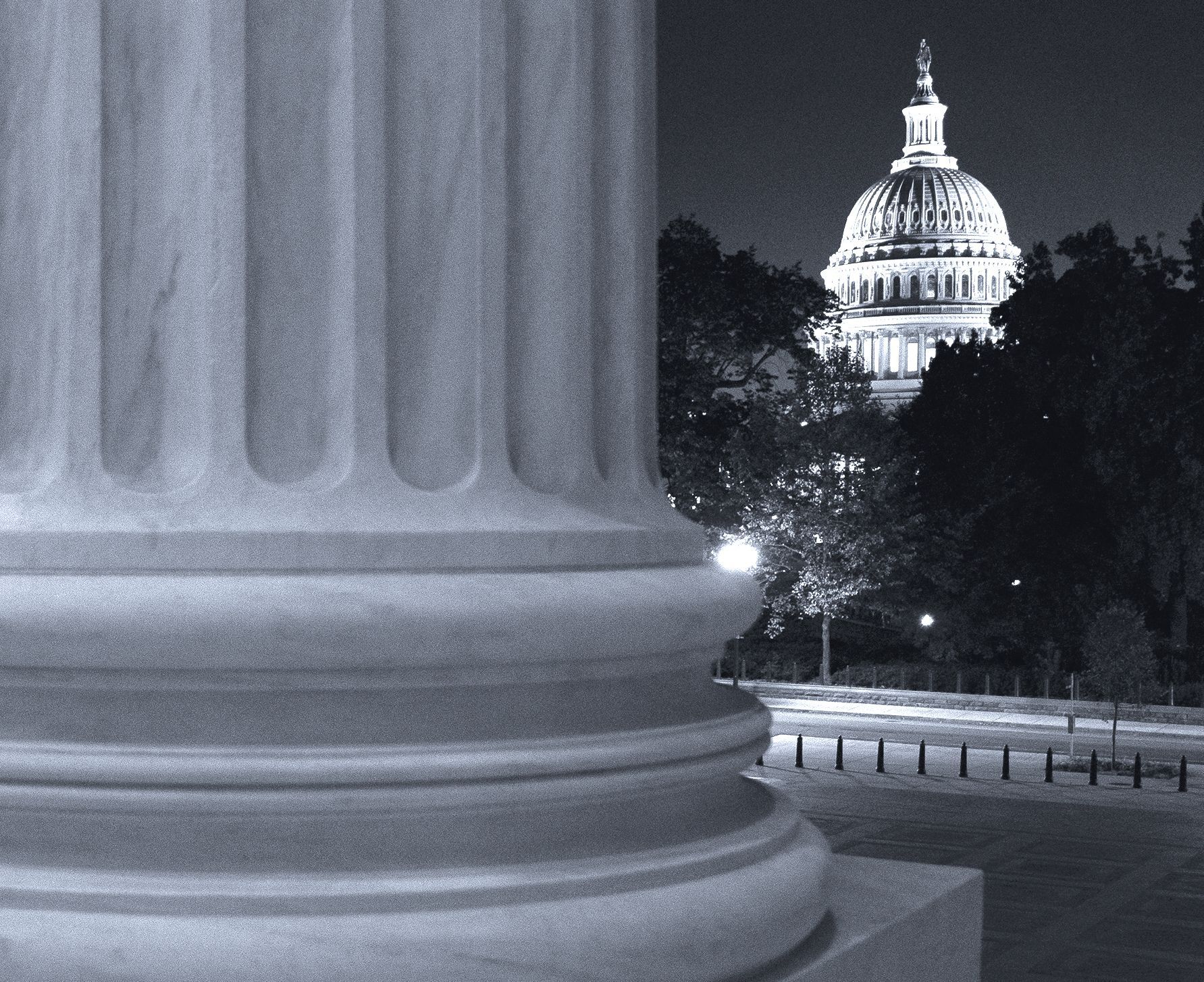
On September 26, 2017, the Department of Justice (DOJ) filed a complaint in the U.S. District Court for the District of Delaware challenging Parker-Hannifin Corporation's (Parker's) consummated acquisition of CLARCOR, Inc. (CLARCOR). The DOJ alleges that the transaction threatens to harm competition in the market for qualified aviation fuel filtration systems and elements in the U.S. This challenge is especially noteworthy because the merger had previously received clearance under the Hart-Scott-Rodino (HSR) Act.
Background and Investigation
Parker entered into an agreement to acquire CLARCOR for approximately $4.3 billion on December 1, 2016. The parties' public securities filings stated that the HSR Act waiting period expired at 11:59 p.m. on January 17, 2017, presumably, given the timing, without a second request investigation. On February 28, 2017, Parker announced that it had completed its acquisition of CLARCOR.
According to Patricia Brink, Director of Civil Enforcement at the DOJ's Antitrust Division, the DOJ opened an investigation into the merger after receiving customer complaints through its Citizen Complaint Center.1In a press release, the DOJ expressed concern about Parker's plans to close the CLARCOR facility that manufactures the relevant products and the company's refusal "to enter into a satisfactory agreement to hold separate the fuel filtration businesses at issue and to maintain their independent viability pending the outcome of the investigation," which Brink highlighted as the reason for going forward with the challenge.
Complaint
The DOJ alleges that the effect of the acquisition will be to eliminate head-to-head competition between the only two domestic manufacturers of qualified aviation fuel filtration systems and will result in increased prices, longer delivery times, and reduced innovation for those relevant products. Aviation fuel used by commercial or military aircraft must be processed through specialized filtration systems that meet strict standards set by the Energy Institute.
According to the complaint, the only other qualified manufacturer of aviation fuel filtration systems is located in Germany, does not maintain an infrastructure in the U.S., and is not considered a viable alternative to the merged parties. The DOJ seeks preliminary injunctive relief to preserve the two businesses during and the pendency of the action and the divestment of either Parker's or CLARCOR's aviation fuel assets sufficient to replace CLARCOR's original competitive position in the marketplace.
The DOJ claims that Parker was aware of the transaction's potential antitrust risk, citing an email sent from Parker's vice president of business development for the company's filtration group to the president of that group. According to the complaint, in the email—sent "just weeks" before the public announcement of the merger—the vice president identified a "notable area of overlap" between Parker and CLARCOR in "ground aviation fuel filtration," and asked whether Parker should be "forthcoming" with the DOJ about the antitrust potential of such overlap. In the same email, the vice president indicated that Parker was "preparing for the possibility that [Parker] may have to divest CLARCOR's aviation ground fuel filtration" assets.
While the total value of the deal was $4.3 billion, reports indicate that the fuel filtration line of business at issue represents about $20 million in revenue.
HSR Cleared Post-Consummation Challenges Are Rare But Always a Risk
It is not uncommon for the DOJ and Federal Trade Commission (FTC) to investigate consummated mergers; however, such investigations have typically concerned transactions that were not reportable under HSR rules. That said, investigations into consummated mergers that receive HSR clearance are not unprecedented. For example, in 2007 the FTC successfully challenged Evanston Northwestern Healthcare's $200 million acquisition of Highland Park Hospital.2
In that transaction, the merging parties received clearance under the HSR Act and consummated the merger in 2000. But four years later, the FTC sued to unwind the merger based on the findings of an FTC task force—created in 2002 and specifically charged with reviewing consummated hospital mergers—that the merger caused substantially higher prices to consumers. Ultimately, in 2008, the Commission upheld on appeal an administrative law judge's finding of a Section 7 violation, but ordered a conduct remedy rather than a divestiture.
Lessons for Merging Parties
The DOJ's lawsuit serves as a cautionary reminder to merging parties that the consummation of a deal does not signal the conclusion of the antitrust enforcement agencies' review. Parties should remember the following at all stages of a strategic transaction:
- In the U.S., HSR clearance only means that the parties are free to close a deal—it does not establish a presumption of legality, nor does it create a safe harbor from future agency scrutiny. Indeed, this is distinct from the policies of other jurisdictions (e.g., the United Kingdom or Japan), where regulators' ability to revisit an already cleared merger is subject to strict conditions and timing limitations.
- The size of an affected market does not matter. Even where the value of a particular business line is very small relative to the total value of a deal, the agencies will seek action to protect and remedy harm to competition and consumers.
- Parties should anticipate the likelihood and effect of customer complaints notwithstanding HSR clearance, especially in concentrated markets with high barriers to entry.
- Parties should understand the importance of both ordinary course and transaction-specific internal communication and document creation on an investigation or litigation concerning a proposed or consummated merger.
- Buyers should take into account the risk of a post-consummation challenge in the consideration for the transaction since it may later be required to divest certain assets likely at a substantial discount and bear the burden of paying all investigation and litigation expenses.
For more information, please contact Jamillia Ferris, or any member of the antitrust practice at Wilson Sonsini.
Contributors
- Privacy Policy
- Terms of Use
- Accessibility
